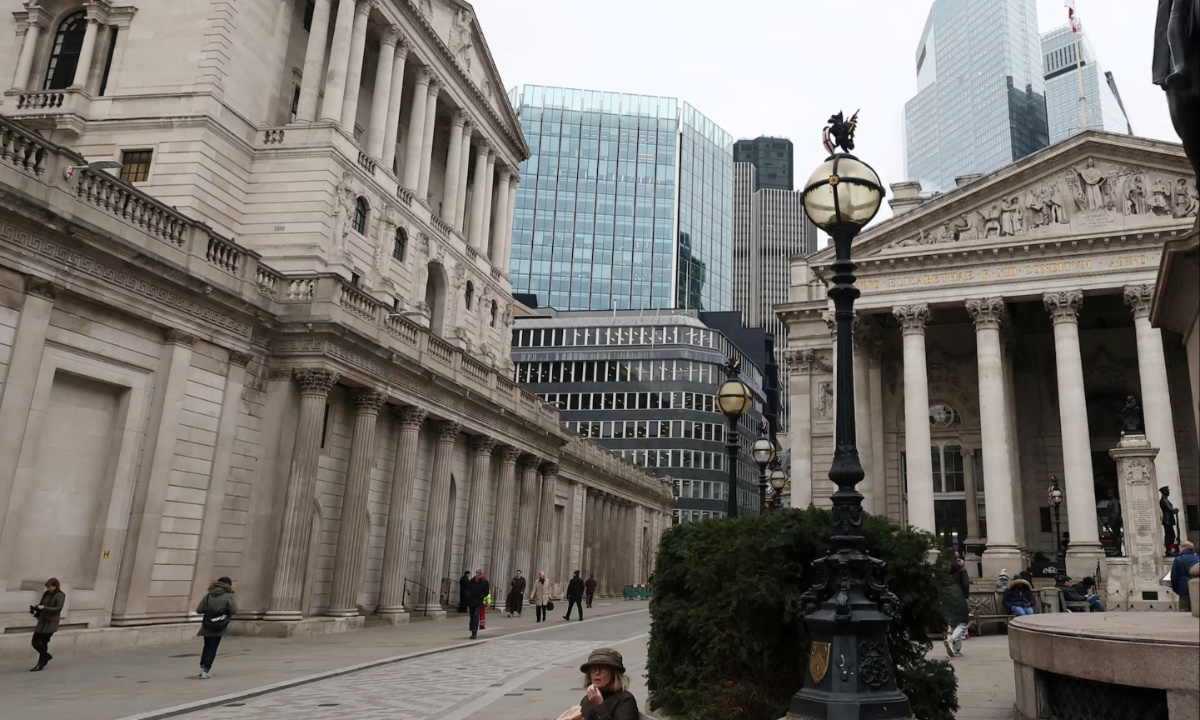The Bank of England (BoE) is anticipated to maintain its interest rates at 4.5% in its upcoming decision, as it monitors the potential economic effects of U.S. President Donald Trump’s trade tariffs and an impending tax hike for UK employers. Inflation in the UK remains above the BoE’s 2% target, which has resulted in fewer rate cuts compared to the U.S. Federal Reserve and the European Central Bank. The central bank’s cautious approach reflects ongoing economic uncertainties and sluggish growth.
Rising Inflation and Economic Uncertainty Shape BoE’s Cautious Monetary Policy Approach
Since the BoE’s last rate cut in February, uncertainties have increased, largely due to Trump’s planned import tariffs, set to take effect on April 2. These tariffs are expected to disrupt global trade, affecting both growth and inflation. Domestically, an increase in social security contributions for British employers on April 6 may lead to higher prices, reduced hiring, or both.

The Monetary Policy Committee (MPC) is also closely watching Finance Minister Rachel Reeves’ upcoming budget update, which could introduce spending cuts impacting economic growth.
The BoE had previously forecasted inflation to rise to 3.7% this year, up from 3% in January, but some economists predict it could reach 4%. This challenges the BoE’s belief that inflation will not trigger long-term wage pressures. Labour market data, including wage growth figures, will be released shortly before the BoE’s decision and could influence future policy moves. Experts warn that inflation persistence may be underestimated, which could delay rate cuts.
BoE Holds Rates as Markets Await Cuts and European Stimulus Impact
A broad consensus among economists indicates that the BoE is likely to keep interest rates unchanged at its March meeting. Many experts anticipate the first rate cut in May, with further reductions expected in August and November. However, financial market data suggests that investors foresee only two quarter-point cuts for the rest of the year. The MPC’s voting trends point to a probable 7-2 split in favor of maintaining current rates, similar to the previous month’s decision.
A new 500-billion-euro infrastructure and defense investment plan announced by Germany, along with a 150-billion-euro EU-wide defense program, may provide economic stimulus to the eurozone. If these initiatives drive stronger growth in Europe, they could indirectly benefit the UK economy. While global uncertainties persist, such developments could influence the BoE’s long-term outlook on inflation, employment, and interest rate policies.

